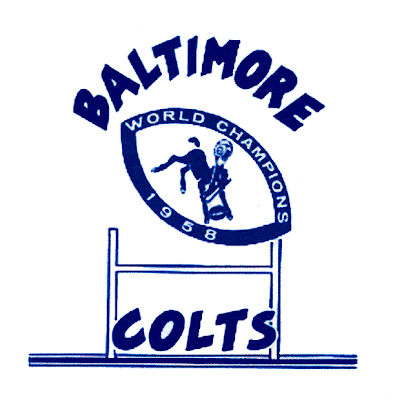 As I understand it, in ancient Greece, city-states would assert their dominance by sending their armies to invade other city-states, taking their land, gold and giant flying dragons.
As I understand it, in ancient Greece, city-states would assert their dominance by sending their armies to invade other city-states, taking their land, gold and giant flying dragons.
(Keep in mind, most of my knowledge on this period comes from watching “300”).
Since creating a municipal army and sending it to invade say, Cleveland is frowned upon nowadays, modern cities and states , at least in America, assert their dominance through more subtle means: population, housing prices, gross domestic product. But let’s face it, those means are boring; not only because those are races New York and LA will always win, but because deep down, what we all really want to do is fight each other.
So, we have sports. We have leagues with franchises named after cities or states or regions, and people from those cities root for their respective teams. Instead of gathering up the people of San Diego and having them fight San Francisco, we watch the Chargers play the 49ers.
Somehow, this works. Philadelphia might not command the same attention as Los Angeles in most matters, but on the baseball diamond last year, the Phillies beat the Dodgers to go to the World Series, and that allowed Philadelphians to shout a big “In your face!” to Angelinos. I’m sure it felt great.
But when you really think about it, why? Last night I watched the ESPN “30 for 30” documentary on the Baltimore Colts’ band. The band was made up of Colts fans, and when the Colts’ owner spirited the team away to Indianapolis in 1984, the band kept playing, first just at Baltimore events, then at other NLF games. 
The band members kept insisting that the team was theirs, and that owner Robert Irsay had no right to move them. Irsay countered that he owned them, and could do whatever the hell he wanted. He was a villain, but the thing is, he wasn’t wrong.
The Baltimore Colts were a franchise, just like the Quiznos around the corner. Irsay could have called the team the Irsay Colts if he wanted, but he named them after Baltimore because that made the most sense from a marketing standpoint. If your local Quiznos closed, you’d probably shrug and just go to the Subway down the street. Why couldn’t that Colts band just go root for the Green Bay Packers?
Besides, teams change every year anyway. If your favorite band put out 3 crappy albums, you’d probably stop following them, right? Yet the people of Pittsburgh still consider the Pirates their own, after dozens of bad seasons.
Why do we think sports teams actually represent us? Most of the players and coaches aren’t from the region where they play, and they’ll always leave for more money. The owners consider the region as a marketing tool, nothing more.
There are the obvious answers. One, teams bring regions together. You can chat with complete strangers because you have the Knicks or the Bruins or the Braves in common. Two, teams give a region a sense of identity. The Baltimore fans in that documentary talked about how their city was often derided as a “traffic jam between Washington, DC and New York.” But on Sundays, Baltimore mattered because it was the home of the Colts.
But can’t you argue that a major company does the same thing? People in Detroit were once united by the auto industry. And if the Seattle Seahawks changed their name to the Starbucks Seahawks, they’d have access to a bigger fan base. Why are sports teams different?

6 comments:
I'd just like to commend you for only mentioning one New England team in this post. Well done, Lizzie!
I guess I understand both sides of the issue, but I'd side with the fans because it seems the owners usually have evil, greedy motives and everyone knows I am a communist.
I always get angry when I hear owners say "I can do whatever I want." Two reasons:
1. Fine, if you want to treat it like a business, then fans = customers. Customer service in sports SUCKS, and Irsay's reasoning is the proof.
2. I don't think the owners of individual sports franchises should look at their teams as individual businesses. Sports leagues are legalized cartels. The league as a whole is the business. They're all just part-owners. They all insist this isn't true, but I'd love to ask Jerry Jones how many people would show up to watch the Cowboys play...nobody.
I moved to Baltimore long after the Colts left town and the Ravens moved in. Still, it amazes me how much people around here still complain about the Colts. You'd think every other Baltimore area team was embarassingly terrible.
(oh, wait...)
The irony is that Baltimorons were so "hurt" by the Colts leaving, yet they have no problem with the Ravens coming over from Cleveland. Just business as usual.
Yeah they touched on that in the documentary, Jon. A few people said they had mixed emotions about getting the Browns, since it meant Cleveland was going through what they went through.
WWW - to me, that's the best argument. Fine, its your business and you can do what you want, but the fact is, you wouldn't have a business without the fans of that city. Seeing as their money supports the team, they're almost like shareholders, and all good businessmen want to keep the shareholders happy. Sure, you can just go find new ones in another city, but its bad business to piss on your customers like that
I think the Giants represent me because my first crush EVER was on Will Clark.
I own him. And therefore, I own them. So there.
Post a Comment